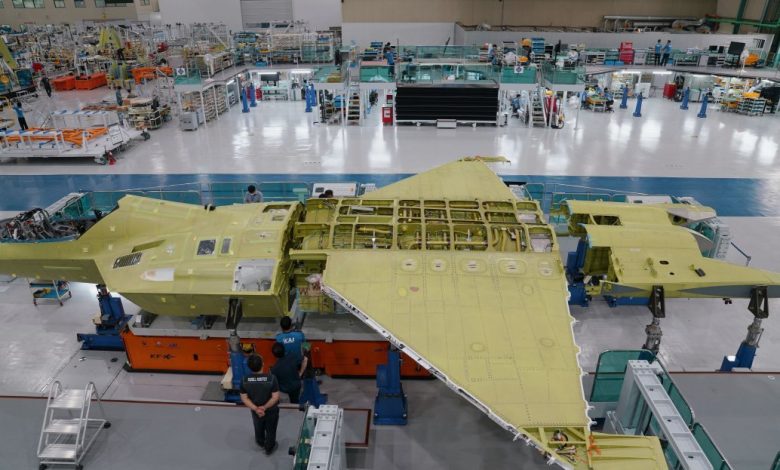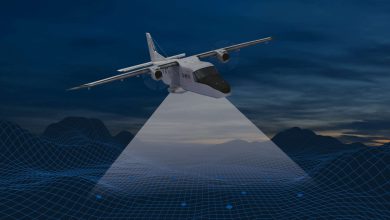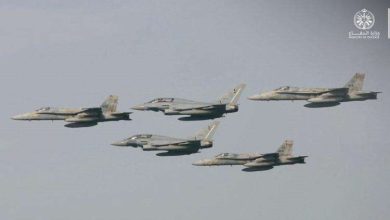
KAI Kicks Off the Final Build of KF-X Prototype #1!
Korea Aerospace Industries Ltd. (KAI) has announced the commencement of the final assembly of the KF-X prototype, starting September 1. This crucial phase involves integrating the forward, mid, and rear fuselage with the main wing and empennage, culminating in the assembly of a complete aircraft.
This remarkable achievement has been realized in just four years. KAI initiated the system development process in December 2015, successfully completed the Preliminary Design Review (PDR) in 2018, began detailed part machining in February 2019, and cleared the Critical Design Review (CDR) by September 2019.
KAI is dedicated to enhancing development efficiency. The company has recruited approximately 800 skilled engineers and expanded its infrastructure with newly constructed facilities designated for testing each aircraft structure, system, and composite materials.
The KF-X project stands as a pivotal national initiative aimed at modernizing the air force by introducing a next-generation fighter jet that aligns with future battlefield operational concepts. Additionally, KAI is focusing on the localization of major avionics components to improve the product using domestic technology. A mission and flight control computer, serving as the aircraft’s functional brain, will be integrated into the KF-X for ground testing and test flights, scheduled for later this year.
The essential systems, including the Advanced Electronically Scanned Array (AESA) radar, Electronic Warfare Suite, Infrared Search and Track (IRST) capabilities, and Electro-Optical Targeting Pod (EO TGP), will undergo rigorous performance verification through functional checks and ground testing.
The KF-X is expected to be completed by mid-2021, with the inaugural flight test slated for 2022. The system development phase is anticipated to conclude by 2026.
To enhance research and development efforts, a collaboration of 16 universities, 11 research laboratories, and 553 suppliers is actively involved in the KF-X project, alongside plans to hire an additional 100 development engineers by 2020.
KAI’s CEO remarked, “Thanks to our exceptional partnerships and collaboration among industry, universities, and research institutes, we have successfully launched final assembly even amidst the COVID-19 crisis. Our path is clear—we will succeed with the KF-X and significantly contribute to the Korean aviation industry and national economy.”










